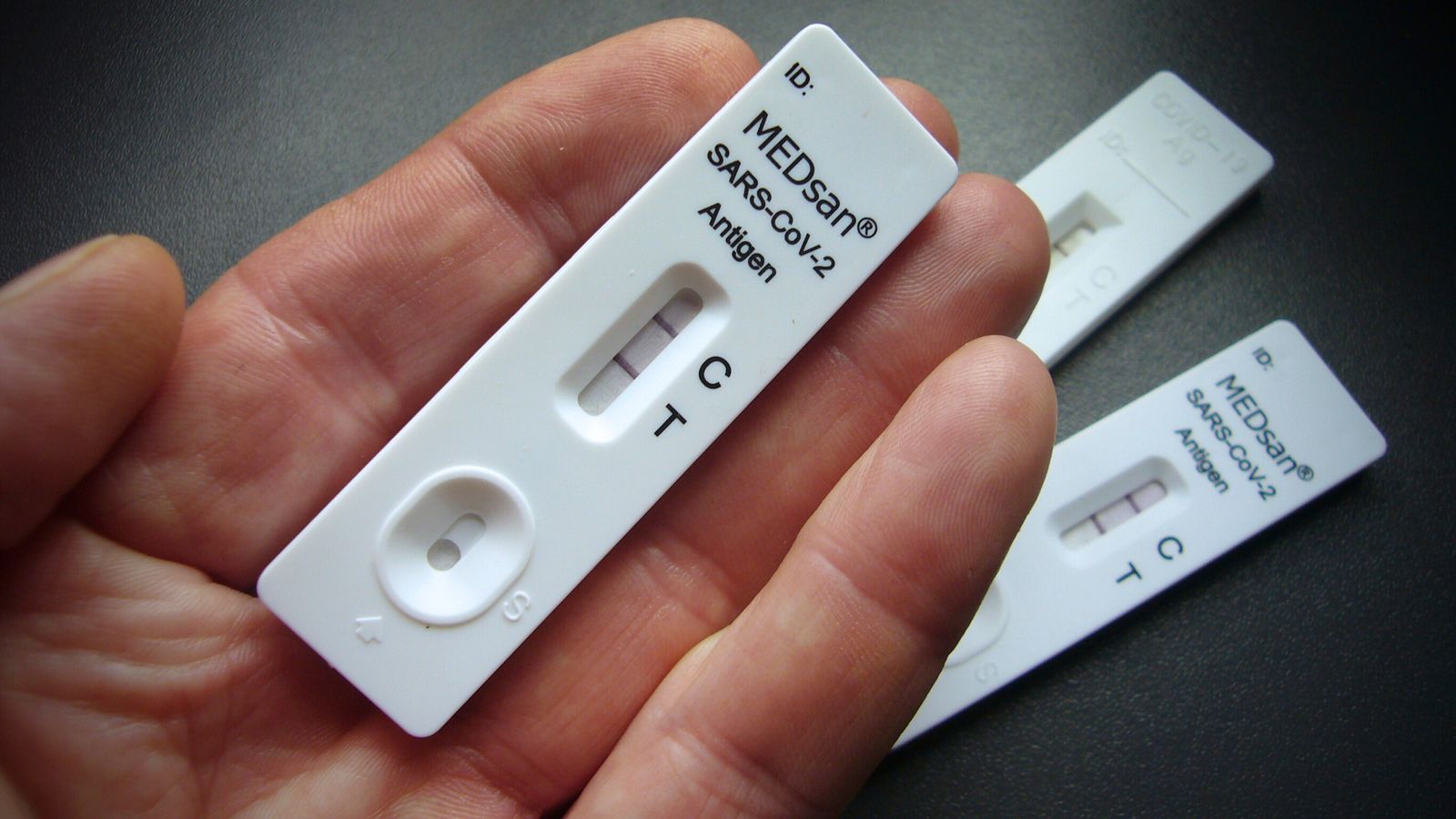The government says we must learn to live with COVID-19. But as the number of infections continue to rise that becomes increasingly difficult.
Our lives are disrupted either through falling sick to the virus, having our children off school or not being able to get the goods and services we need because of the impact this virus is having on our workforce.
This is before we even begin to assess the effect on our short-term and long-term health after repeat infections of the virus.
About 20 million lives were saved by the COVID-19 vaccine in its first year but another 600,000 deaths could have been avoided if the World Health Organization (WHO) had met its target, according to new estimates.
The herd immunity some were predicting has not quite materialised. The Omicron sub variants are largely to blame for that.
Waning immunity in a population that is largely vaccinated has prompted the call for a new round of boosters to be made more widely available.
But how effective will these existing vaccines be against the new variants that will inevitably emerge? Variant specific vaccines are still some way off.
Number of people with COVID in UK rises 32% to almost 2.3 million
COVID infections rise in 110 countries as WHO’s director general warns pandemic is far from over
COVID-19: Piers Corbyn fined for illegal gatherings held during lockdowns
Read more: Number of people with COVID in UK rises 32% to almost 2.3 million
Please use Chrome browser for a more accessible video player
Hospitalisations are rising and so are the number of patients in ICU. Outbreaks in care homes have increased as well. But, crucially, these are nowhere near the numbers we saw during the previous peaks either pre- or post-vaccine.
As people gather and mix at large events over the summer we expect to see the surge continue. We saw a spike in infections after the Glastonbury Festival.
So the upwards trend we are seeing here and has been reported globally is likely to grow.
This has renewed calls for mitigation measures: masks in public areas, limits to large gatherings and better ventilation in indoor spaces.
The government is unlikely to implement any further non-pharmaceutical interventions (NPIs). It sees that as a retrograde step. Instead it urges us to use common sense and judgement.
It may be forced to rethink its strategy on living with the virus if this summer surge continues to grow.










